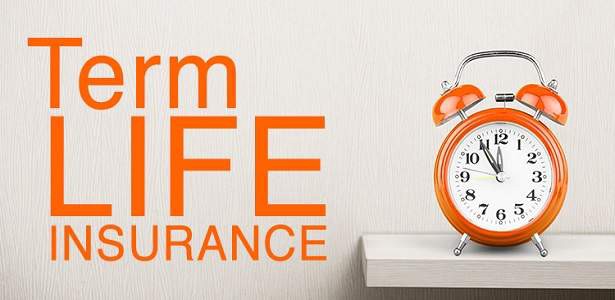Life Insurance
Life insurance protects your family’s financial future by providing a tax-free benefit upon your death. Life insurance ensures that your spouse, partner, children, or loved ones have the ability to cover expenses, pay off loans, and achieve post-secondary education.
There are many types of life insurance, including:
- Term life insurance
- Permanent life insurance
- Universal life insurance
Deciding what type of life insurance is best for you, and how much life insurance you require, depends on your current situation and your projected needs for the future. As an insurance broker I perform a needs analysis to determine the best type of life insurance for your situation and lifestyle.
Life insurance often requires a paramedical examination to ensure your current health, unless exempted by the insurer, they use the results of this exam to estimate the amount of risk involved in your insurance coverage, so as to determine the premium of your life insurance policy.
Other facts may also influence your life insurance premiums, including:
- Medical conditions
- Family Medical History
- Age
- Gender
- Lifestyle
- Tobacco use
- Travel History
- Profession
A life insurance policy can be used to provide funds at your death to:
• Create an estate for your heirs
• Pay off your mortgage
• Pay taxes owing on your estate
• Pay off business loans and lines of credit
• Pay off personal loans
• Fund buy-sell agreements
• Final Expense
• Legacy
• Charity funds
Term Life Insurance
Term life insurance is well-suited to meet high, short-term protection needs for the lowest initial cost. For example, a couple with young children and a mortgage might select term life insurance as an affordable way to get the full coverage they need today.
Term life insurance coverage can do a good job of meeting immediate needs and may provide the opportunity to later move or convert to permanent life insurance without providing proof of health.
Term plans may also be renewable after 5, 10 or 20 years without providing proof of health. The price increases as appropriate for your age at renewal. You can convert a term 10 plan to a term 20 plan between the first and fifth policy anniversary or the insured's 65th birthday, whichever is earliest.
You can purchase term life insurance as an initial step before purchasing permanent life insurance.
Whole Life Insurance
Whole life insurance provides permanent, lifetime protection for a level premium. Depending on the plan you buy, whole life insurance spreads the cost of your coverage over the lifetime of the policy or over a limited period of time.
Universal Life Insurance
Universal life insurance is the most flexible life insurance available today. You can customize your plan when you buy it, or easily make changes later on. And universal life offers you the opportunity for tax-advantaged investing. This gives you the chance to increase your wealth by investing money within your policy.
Universal life insurance combines permanent life insurance protection with a tax-advantaged investment component. As cash value accumulates, you can use it to pay part or all of your insurance charges.
Participating Life Insurance
Participating life insurance combines permanent life insurance protection with a tax-advantaged savings component. It can protect you for life, provided your premiums are paid when due. Participating life insurance policies also have a potential to receive policyholder dividends.
Contact me, Insurance Broker M.K. today to get a free quote for your life insurance need or click the link below to request a quote.

